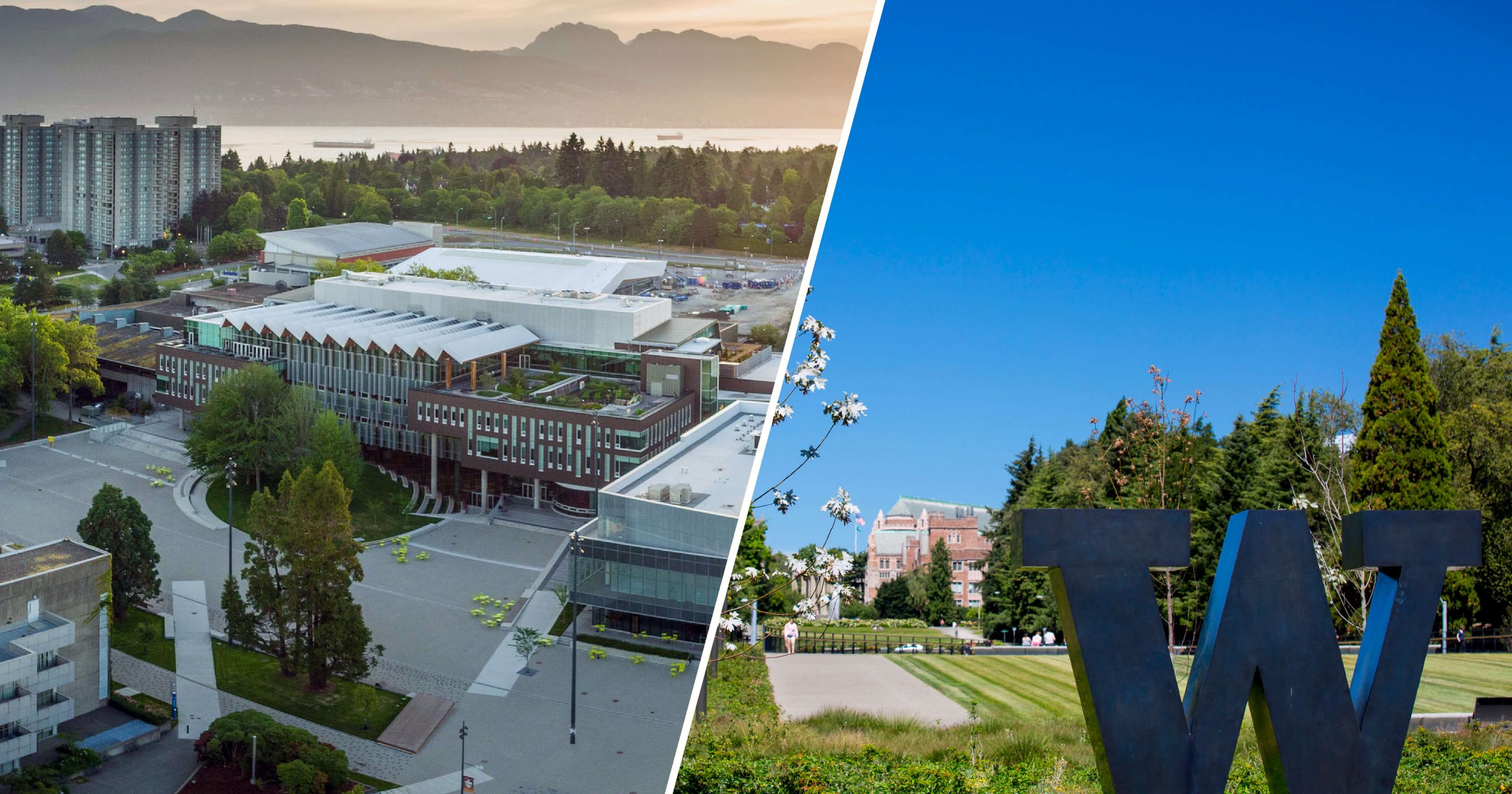The cities of Vancouver and Seattle share many strengths: a long history of innovation, world-class universities and a region rich in cultural and ethnic diversity. While both cities have achieved great success on their own, leaders from both sides of the border realize that tighter partnership and collaboration, through the creation of a Cascadia Innovation Corridor, will expand economic opportunity and prosperity well beyond what each community can achieve separately.
Microsoft supports this vision and today is making a $1 million investment in the Cascadia Urban Analytics Cooperative (CUAC), which is a new joint effort by the University of British Columbia (UBC) and the University of Washington (UW). It will use data to help local cities and communities address challenges from traffic to homelessness and will be the region’s single largest university-based, industry-funded joint research project. While we recognize the crucial role that universities play in building great companies in the Pacific Northwest, whether it be in computing, life sciences, aerospace or interactive entertainment, we also know research, particularly data science, holds the key to solving some of Vancouver and Seattle’s most pressing issues. This grant will advance this work.
The CUAC will bring together researchers, students and public stakeholders at two of the world’s top universities to examine the vast data generated by our two cities and identify solutions to problems in transportation, housing and climate. The initiative will strengthen the collaboration between these institutions through mutual learning, the unifying of talent, and the pooling of resources to help accelerate research breakthroughs and the development of new ideas.
Over the past decade, the UBC and UW have collaborated on a handful of research projects funded at approximately $500,000. We believe that this one grant will enable the two universities to complete twice as much joint research over the next two years as they have accomplished in the past 10. But our goal is bigger than this one-time gift. We see this investment as a catalyst for broader and more sustainable efforts between these two institutions that will benefit both Washington state and British Columbia, and the U.S. and Canada more broadly.
This partnership will build upon the successful work of UW’s eScience Institute, its Data Science for Social Good summer program and UBC’s Data Science Institute, including a project using ORCA data – the Seattle region’s bus, train and ferry pass program – to streamline transit systems, make sidewalks accessible, and identify factors to predict the success of families finding permanent homes. Through groundbreaking work using data science to improve people’s lives and well-being, the CUAC aims is to establish the Pacific Northwest as a center of expertise in urban analytics.
We have a tremendous opportunity to do more together. Today’s announcement is just one step forward in creating a 21st century corridor that builds on the strengths and the shared values of two great cities and regions, creating a brighter future for everyone, on both sides of the border.

